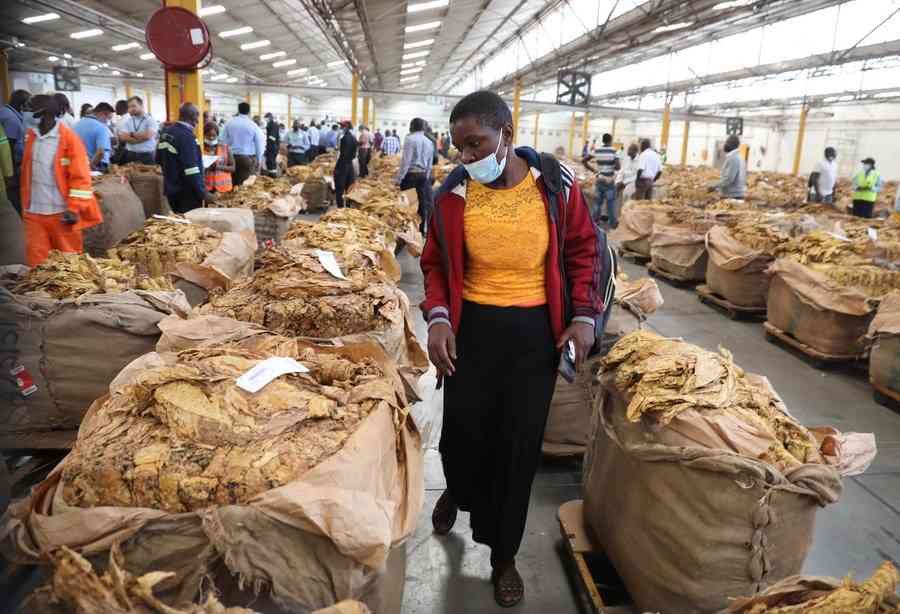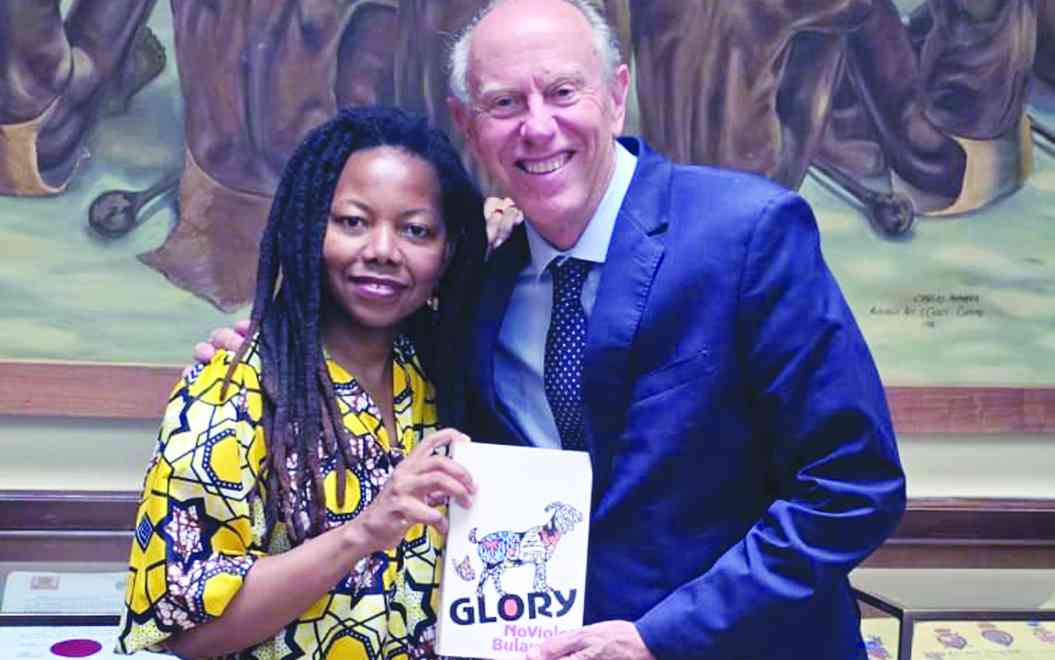
Zimbabwe’s biggest industry body has called for a ceasefire in the state’s relentless assault on the informal economy, warning heavy-handed tax raids on backyard businesses amount to a futile war on survivalist hustles.
The invasive informal economy has morphed into Zimbabwe’s most influential sub-economy, commanding an estimated 76% of the country’s US$54 billion gross domestic product. That translates into about US$41 billion drifting outside the formal system — a vast and complex force that has given authorities sleepless nights as they battle to pull in tax inflows.
Speaking at Old Mutual’s Better Future 2025 Summit recently, Confederation of Zimbabwe Industries (CZI) chief executive officer Sekai Kuvarika said policymakers need a fundamental rethink.
She argued that government’s obsession with taxation misses might not be the real solution. The drive risks crushing fragile livelihoods without fixing a broken currency system that has left citizens stuffing dollars under pillows instead of banking them, other experts argued.
“Small economic activities or micro activities are self-employment,” Kuvarika told delegates.
“They are subsistence to a great extent and must just be treated as tax-free businesses, because some of them are actually not turning over an amount that is equal to your minimum monthly tax-free threshold incomes,” the CZI CEO noted.
She added that what many operators require was recognition, not punishment.
“Maybe all they need is actually identity in the first place. Just being able to be identified as a business or as an economic activity… providing us with the knowledge of how many economic activities we have, and not require anything from them,” she said.
- Mthuli Ncube abandons struggling consumers
- Fears of jobs carnage as crisis deepens
- Fresh warning over bank rate hikes
- Police admit that money changers are untouchable
Keep Reading
For government, the temptation is obvious. Finance minister Mthuli Ncube, battling to improve revenue inflows, last week escalated his campaign to force the sector into compliance.
The Zimbabwe Revenue Authority has already moved to demand taxes from commuter transport operators before they can renew licences. Treasury believes a hidden goldmine is circulating within this shadow economy.
But Kuvarika’s remarks cut into a raw nerve. For years, authorities and big corporates have bayed for the blood of the informal economy, blaming it for everything from fuelling unemployment to destabilising fragile banks. Yet for millions of ordinary Zimbabweans, the informal sector is not a threat but a lifeline. Over 1,5 million citizens are estimated to survive from digging up old, abandoned gold mines.
The trade is both dangerous and desperate. Millions more crowd city pavements, selling everything from fruits to cellphone accessories, because there are no formal jobs left.
The government and formal industry argue this is no longer just survival but unfair competition destroying businesses. By dodging taxes, avoiding registration and skirting regulations, informal players undercut established businesses and strain public revenues. Authorities also fear billions circulating in this parallel economy weaken monetary policy, distort employment figures and reinforce the chronic lack of confidence in banks.
This is far from the first campaign against informality. Since dollarisation in 2009, successive attempts have been made to rope in hustlers, from police raids to registration drives. Each has collapsed under weak design and sheer resistance.
Zimbabwe National Chamber of Commerce CEO Christopher Mugaga said as much at the same summit. “The biggest threat to formalisation is currency,” Mugaga warned.
“Maybe we seem to underestimate the downside of having a working textbook of pathology when you define a currency. It is struggling.”
He added that decades of failure had scarred citizens so badly that there is now “competition between the pillow and the banking vault.” Put simply, Zimbabweans prefer to hoard dollars under mattresses than risk deposits in banks.
Those scars are rooted in a lost decade. In 2008, the Zimbabwe dollar collapsed under hyperinflation, forcing dollarisation. Since then, one failed currency experiment after another has deepened mistrust on the market. Even the ZiG, backed by bullion, depreciated within months of its April 2024 launch. The economy remains stubbornly dollarised.
Reserve Bank of Zimbabwe deputy director of economic research William Kavila defended the central bank, saying a “dedollarisation road map” was in place. But analysts warn credibility takes years of consistency to build. Until then, the pillow continues to beat the bank. For industry, the way forward is clear. Kuvarika insisted coercion is the wrong tool.
“Formalisation should not be a punishment,” she said.
Cabinet approved a formalisation plan in January, which included compulsory use of point-of-sale machines by informal traders, but eight months later, implementation is barely visible.











